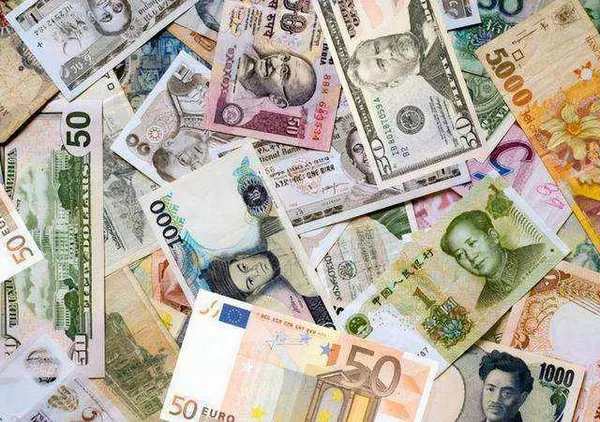Brexit has been a significant topic of discussion since it was first proposed back in 2016. The UK exit from the European Union (EU) has now happened, and its impact has been felt in various sectors, including the economy. One of the most pressing questions among investors and market analysts is what will happen to the value of the pound after Brexit.
In this article, we will explore the potential outcomes for the pound and how they may impact businesses and individuals in the UK.
Understanding the Factors Influencing the Pound
Before delving into the possible outcomes, it’s crucial to understand the factors that influence the value of the pound. There are several critical factors that can affect the currency’s worth, including:
1. Trade Agreements
One of the most critical factors influencing the pound is trade agreements with other countries. With Brexit, the UK is no longer part of the EU free trade area, which means that the country will need to negotiate new trade deals with other nations. If the UK manages to secure favorable trade agreements with key partners such as the USA, China, and India, it could boost investor confidence and lead to an increase in the value of the pound.
2. Economic Growth
Another factor that can impact the value of the pound is economic growth. A strong economy typically leads to a stronger currency. After Brexit, many experts predicted that the UK would experience a recession, but this has not materialized. The economy has remained relatively stable, with unemployment levels remaining low, and GDP growth continuing at a steady pace. This stability could help support the pound’s value.
3. Political Stability
Political stability is another crucial factor that influences the value of the pound. With Brexit, there has been considerable political upheaval within the UK, which has led to a lack of confidence among investors. However, with the UK now having left the EU, there is hope that political stability will increase, which could lead to a rise in the value of the pound.
4. Inflation
Inflation can also impact the value of the pound. If inflation rises, the purchasing power of the currency decreases, leading to a decrease in its value. However, with Brexit, there has been a reduction in inflation due to the UK’s departure from the EU, which has led to a drop in the value of the pound.
Potential Outcomes for the Pound After Brexit
Now that we understand the factors influencing the pound, let’s explore some possible outcomes for the currency after Brexit.
1. A Weaker Pound
One possible outcome is that the pound could weaken even further after Brexit. The uncertainty surrounding the UK’s future trade agreements and ongoing political instability could lead to a loss of investor confidence, which could result in a weaker pound. Additionally, a decline in economic growth or an increase in inflation could also contribute to the pound’s decline.
A weaker pound would have several implications for businesses and individuals in the UK. For example, imported goods would become more expensive, which could lead to higher prices for consumers. It could also make it more difficult for businesses to import goods or pay for services from abroad. On the other hand, it could make UK exports more competitive, potentially boosting economic growth.
2. A Stronger Pound
Another possible outcome is that the pound could strengthen after Brexit. If the UK secures favorable trade deals with key partners, such as the USA, this could boost investor confidence and lead to a stronger pound. Additionally, continued economic growth and political stability could also contribute to a rise in the pound’s value.
A stronger pound would have different implications for businesses and individuals in the UK. For example, it could make imported goods cheaper, which could lower prices for consumers. However, it could also make UK exports less competitive, potentially leading to a decline in economic growth.
3. A Stable Pound
A third possible outcome is that the pound remains relatively stable after Brexit. With the UK’s economy remaining steady, and a potential increase in political stability, there could be no significant change in the value of the pound. This outcome could be beneficial for businesses and individuals as it would provide certainty and stability.
However, this outcome may not be without its drawbacks. A stable pound could lead to a lack of competitiveness for UK exports, which could impact economic growth. Additionally, if other currencies, such as the US dollar or Euro, increase in value, the pound could become less attractive to investors.
Conclusion
In conclusion, predicting what will happen to the pound after Brexit is challenging due to the many factors influencing its value. While a weaker pound may be the most likely outcome due to ongoing uncertainty and political instability, a strong or stable pound could also occur with favorable trade deals and continued economic growth. Ultimately, the future of the pound will depend on the UK’s ability to navigate the post-Brexit landscape successfully.


